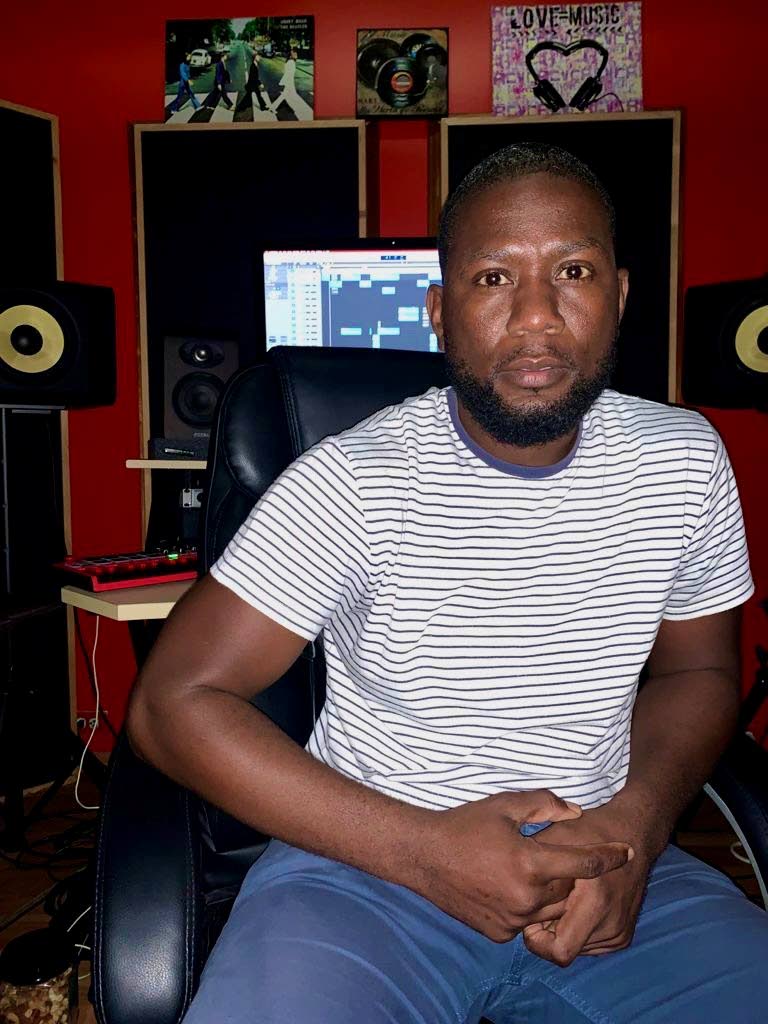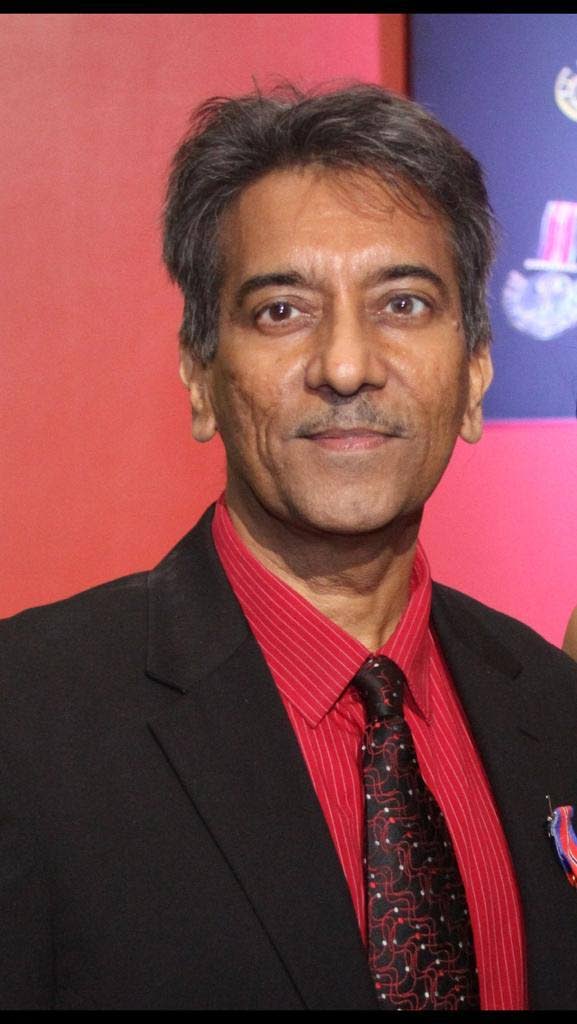Publicist, songwriter, psychiatrist weigh in on leaders' call for positive lyrics

LAST Sunday, Guyanese president Mohamed Irfaan Ali called on Caribbean leaders to take the issue of violent lyrics seriously and to ensure that the lyrics of the region’s music were positive.
The statement raised several long-standing issues with freedom of expression and censorship among them.
To gain perspective on the matter, Newsday spoke to a publicist, songwriter and psychiatrist.
Positive lyrics needed
Songwriter Emmanuel Rudder has been in the business for 15 years and has written songs for performers such as Machel Montano, Kees Dieffenthaller, Taurus Riley, Aaron Duncan, Patrice Roberts, Lyrikal, Farmer Nappy and Olatunji.
Rudder thinks positive lyrics were not only needed but necessary.
Using Jamaica and reggae/dancehall as an example, Rudder said positive music was not “as cool” as it was once.
Artistes like Sizzla Kalonji, Morgan Heritage and others promoted positivity when he was growing up.
The matter raised the question of how societies could popularise positive music again, he said.
In his 40s now, Rudder said in his time there were options. There was the choice of what he termed the “rough, risque, hardcore music” but there was positive music.
He said the options available to youths were extremely limited with Trinibad being the most popular.
He said artistes like Rheon Elbourne who sang positive music in the Trinibad genre were not played as widely as those singing about “guns, drugs and corruption.”
Rudder also explored whether legislation could be used to have more positive music played.
While each person has choice, Rudder said with the advent of social media and the desire to not be labelled a square peg in a round hole, everyone wanted to fit in.
“Everyone wants to have community. Now if that is what is going and that is what, quote and quote, is trending and cool to do, that is what most of the youths will do,” he said.
Past generations did not have social media and youths today face different challenges, he added.
He said parenting issues and the personalisation of digital technologies were also contributory factors to the popularisation of violent music/lyrics.
“Now you have a portable device, in-ear system that you can use. The parent is not hearing what the kid is listening to.
“These kids are also sending playlists of the music that’s trending to their peers,” he said.
Asked if legislation could help, Rudder said it could in the country but not the home.
He said legislation could help regulate the music on radio.
“However, Trinibad is a genre that is underground and could be found on YouTube. These kids are not listening to radio as we were back then. Radio does not have the power, per say, that it once had.”
He added that the streaming platforms were free and allowed users to listen to whatever they chose.
Balance positive, negative lyrics
Publicist Adanna Asson believes there should be a balance when creating music.
“We live in a world where both positivity and negativity exist and they are both important,” she said in WhatsApp responses.
Asson said personal choice was important in the discussion as artistes were choosing to create and the audience had the option to not listen to or support the music.
She, however, does not believe that legislation is the way.
She said, “Before we start thinking about censorship, we need to have larger conversations about the eco-system that is flawed. We should discuss mandatory quotas for airplay that are fair so that our home-grown talents are receiving comparable or more airtime than foreign acts.
“And that’s just one of the many conversations that should be had. I attended the Island Music Conference in Jamaica this past week and there were conversations about the censoring that dancehall artistes have been experiencing.
“Their songs being pulled and banned for what many consider simple and common words but when the expressions are shared in foreign music those are not being banned.”
She added that the society must look at cultural appropriateness and expression while figuring out what was fair and balanced.
Asked is this would affect musicians, Asson said it would frustrate them but, could, ultimately, create a greater demand for the music.
“While radio still plays a very important role, we no longer are solely relying on this medium to get music out. There is YouTube, Apple Music, Spotify, Audiomack etc and social media.
“For example, Trinibad and zess did not become popular through radio, they found ways to get their music and messages out via WhatsApp groups, YouTube etc and many of them are still using this approach to release music.”

Artistes sing what they experience
Psychiatrist Dr Varma Deyalsingh said some artistes portray what they experience in song.
“If they come from a subculture filled with violence and drugs, they will push that. People would always argue there is the freedom of expression, and you have to allow artistes to put that through. That is the format where they vent their feelings and show what is going on in society.”
He said violent music and other media including video games could influence young minds.
Some young people seeing violence would act on that and others, tamed by other forces, would not.
“Some young people, if they are only listening to this violent drug-type music; if they are only in the video where they are killing and shooting, you find that can influence your behaviour.
“So, you may automatically lose that reality of knowing that this is game, this is in the video world and when you are touching reality, you act out and get aggressive,” he said.
While people should be free to express themselves, Deyalsingh asked if some of the music and games should be age restricted.
“This has always been a debate; how could we stop the young people from listening to this music?”
Historically, youths have always gravitated to rebellious and revolutionary music, he said. However, it needed to be looked at if society would be affected by people filled with this music.
He gave the example of former prime minister Patrick Manning’s music initiative of Divine Echoes, an orchestra, saying that he tried to introduce younger people to alternative forms of music.
“He had the foresight to know, ‘Let us teach these youths there are other things to balance out.’”
Deyalsingh said panyards were now filling that role and it was a matter of pushing other types of music in schools.
“Where the youths could say, ‘They is just as good. I don’t have to listen to that,’” Deyalsingh said. He said some DJs may also push out violent types of music and an appeal should be made to them that it was harmful to society.
Parents also had a duty to introduce different types of music to their children.
He called on society and civil society groups to admonish artistes and music that promoted violence and violent behaviours.

Comments
"Publicist, songwriter, psychiatrist weigh in on leaders’ call for positive lyrics"